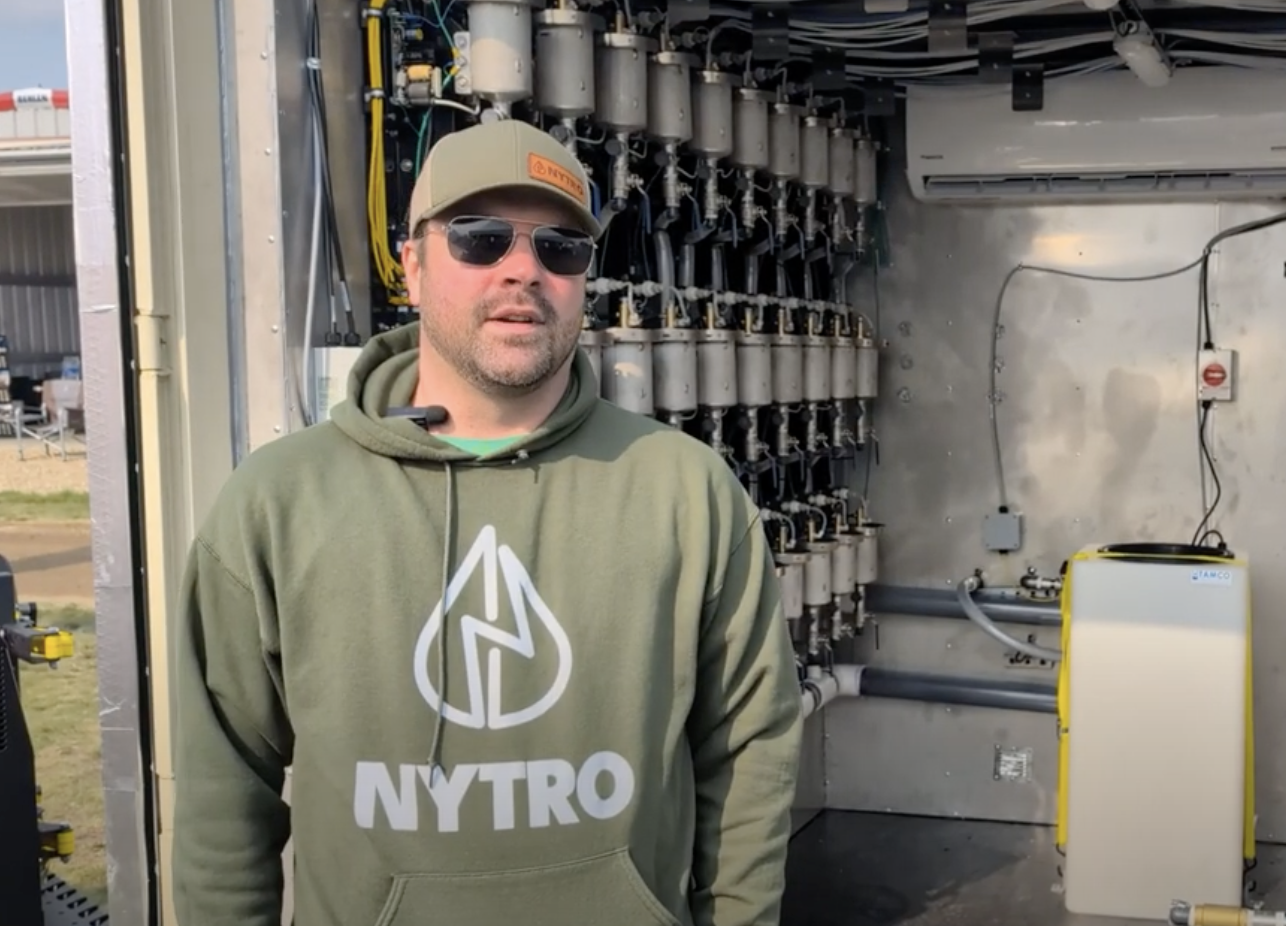Frozen, sexed embryos
A four-year project that established an in vitro fertilization laboratory at the Western College of Veterinary Medicine, University of Saskatchewan, has broken new ground in animal breeding.
With support from the Saskatchewan Agriculture Development Fund, the laboratory wanted to develop a practical and competitive embryo production system to encourage the export of large numbers of beef and dairy cattle embryos from Western Canada, says Reuben Mapletoft, professor at the department of herd medicine and theriogenology at the college.
He said international markets want a frozen, sexed embryo at a cost comparable to that of frozen semen.
Read Also

VIDEO: Green Lightning and Nytro Ag win sustainability innovation award
Nytro Ag Corp and Green Lightning recieved an innovation award at Ag in Motion 2025 for the Green Lightning Nitrogen Machine, which converts atmospheric nitrogen into a plant-usable form.
“Several research groups around the world are working on various aspects of IVF, but few are trying to tie it all together with the production of live offspring from fresh or frozen IVF embryos,” he said.
The lab’s goal was to find a low cost and predictable source of bovine embryos producing high pregnancy rates.
Superovulation has been the most common method of harvesting eggs from the ovary of a cow, but it is inefficient and unpredictable . It involves administrating hormones to the cow to stimulate production of multiple eggs. The cow is then inseminated and fertilized eggs (embryos) are collected from the cow’s uterus seven days later.
The new IVF lab, however, allowed researchers to harvest eggs from the ovary by ultra-sound technology. These eggs were matured in the laboratory, fertilized and cultured to produce embryos that established pregnancies and live calves. Embryos were also frozen and transferred to recipients to produce live calves.
The lab also discovered male embryos develop faster than female ones, and that male embryos survive freezing procedures better. The group also successfully froze IVF embryos using a procedure called vitrification, which is freezing without the formation of ice crystals.
The lab is collaborating with the university’s crop science department to explore a discovery that antifreeze proteins from prairie plants can be used to protect cattle eggs during cooling and embryos during freezing.
“The only disappointment of this four-year project was that our low-cost IVF system for bovine embryo production was not commercialized. The lab, however, has great potential, especially as a research tool,” Mapletoft said.
– Saskatchewan Agriculture
















